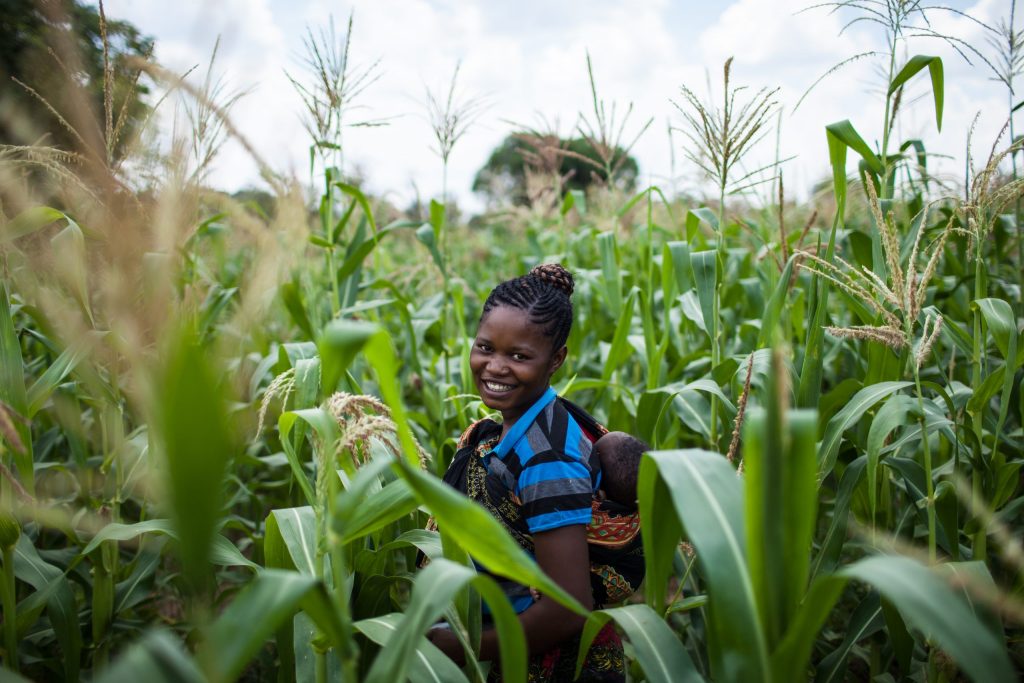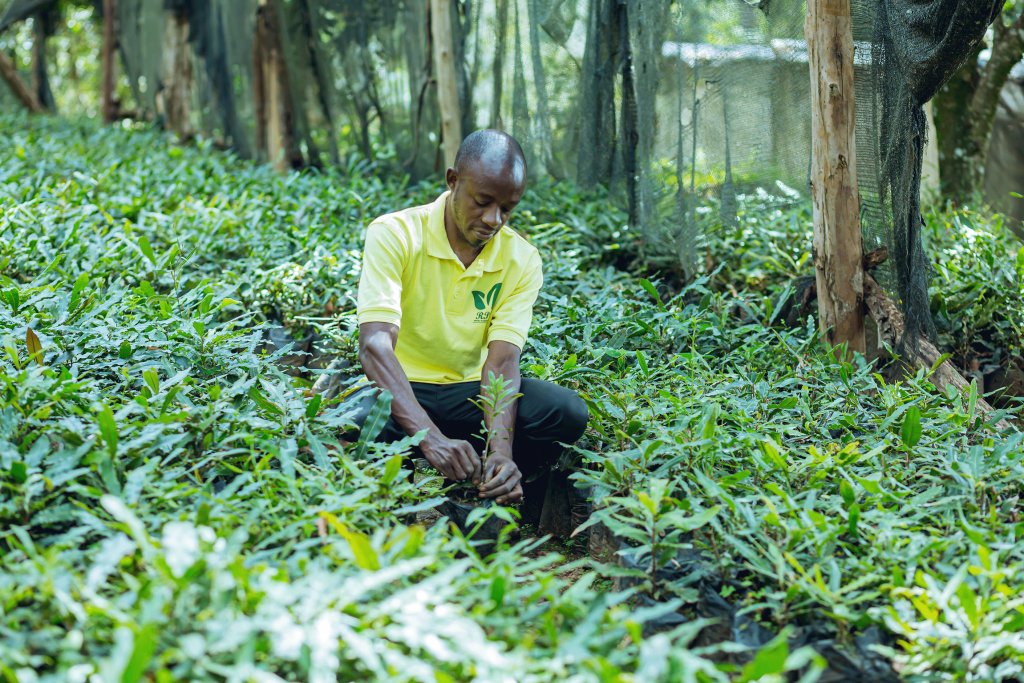Our Year 2 Learning Report reflects on Aceli’s engagement with lenders in support of 713 loans totaling $85M to agri-SMEs across Kenya, Rwanda, Tanzania, and Uganda.
Key takeaways:
- Relative to Aceli’s pre-launch projections, we have shifted our approach to smaller loan sizes – this translates into lower capital mobilized on the one hand, but higher capital additionality and, we believe, higher impact than envisioned.
- There is a need for increased evidence across the sector about what works in terms of both mobilizing finance for agricultural SMEs and how to steer capital to where it can have the greatest impact. Aceli and our learning partners are undertaking several studies to fill these knowledge gaps.
- Our initial experience suggests that shifting lending behavior among commercial banks (which collectively are the highest volume lenders to agri-SMEs but by no means the only ones) requires: i) senior-level commitment; ii) defined agriculture strategy; iii) empowered middle manager; iv) awareness and internal alignment across departments; and v) dissemination of the model and engagement at the branch level as well as headquarters.
- The response from lenders is palpable. In the words of Sabasaba Moshingi, CEO for Tanzania Commercial Bank, “Your vision helped us develop the appetite for ag. Previously, we would have been thinking twice before doing agri-lending. You guys are giving us courage.”
See our 2023 Financial Benchmarking Report to review data gathered for 13.2k loans totaling $749M issued by 31 lenders to agri-SMEs in East Africa during the period 2019-21.
View the Report


